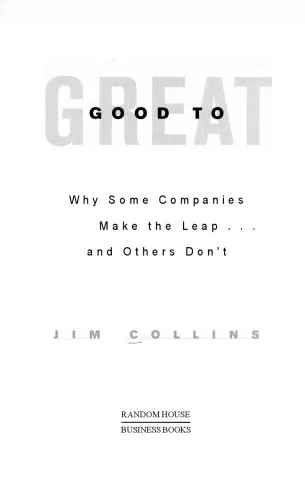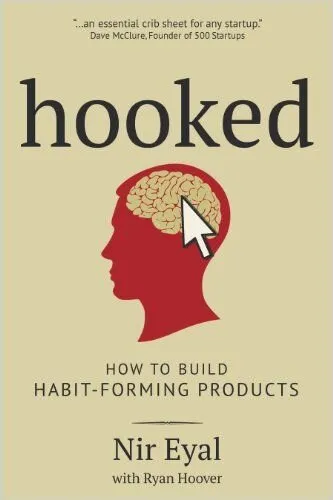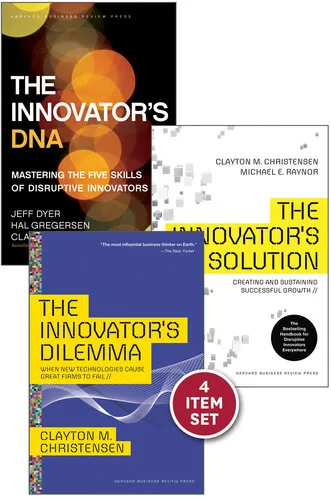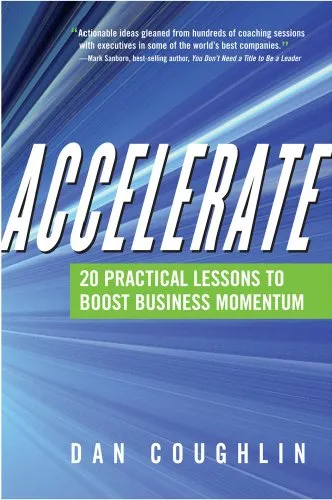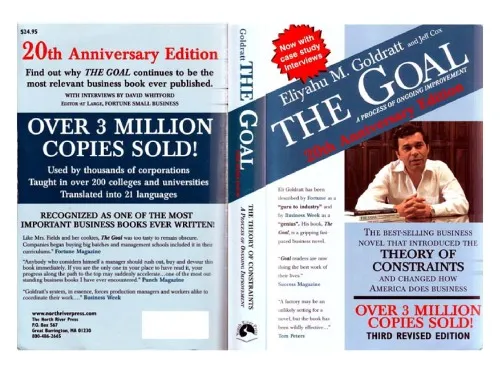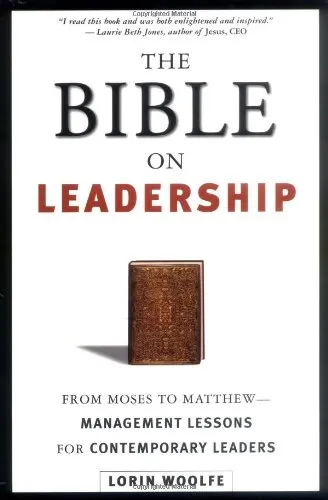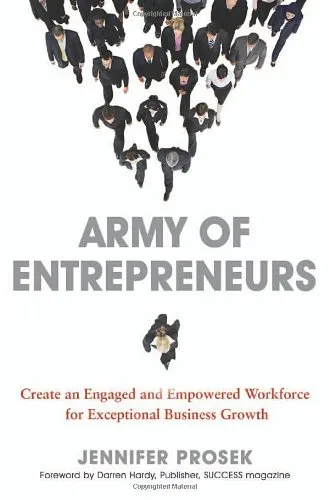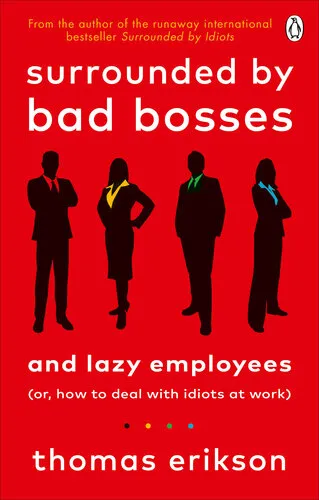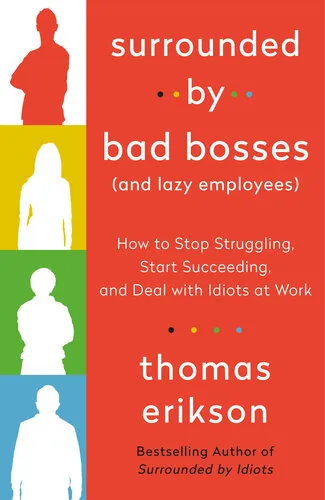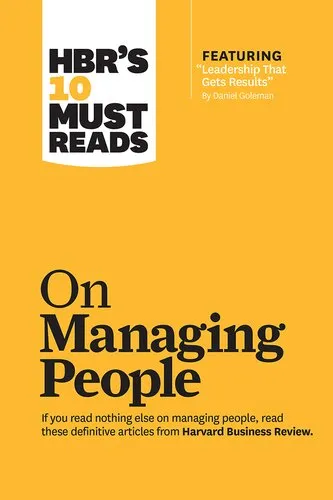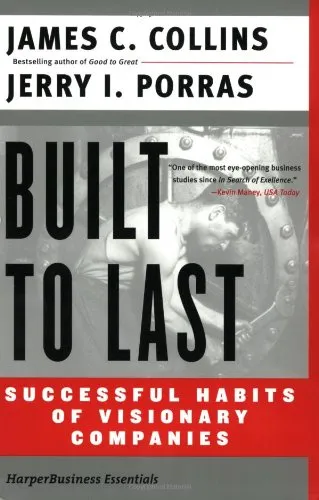Good to Great: Why Some Companies Make the Leap... and Others Don't
4.1
Reviews from our users

You Can Ask your questions from this book's AI after Login
Each download or ask from book AI costs 2 points. To earn more free points, please visit the Points Guide Page and complete some valuable actions.Related Refrences:
Persian Summary
Introduction to 'Good to Great: Why Some Companies Make the Leap... and Others Don't'
In an era where businesses struggle with relentless competition and ever-evolving markets, understanding the core principles that propel certain companies from mediocrity to greatness is invaluable. Jim Collins' 'Good to Great: Why Some Companies Make the Leap... and Others Don't' addresses this by exploring why some organizations transform from being just good to exceptionally great, offering a roadmap that's both extensive and precise. This book is not just a study of corporate triumph but a blueprint for achieving enduring success.
Detailed Summary of the Book
'Good to Great' begins with a simple yet profound question: can a good company become a great company, and if so, how? Jim Collins and his research team undertook a rigorous, five-year study to identify and understand the unique strategies and characteristics that contributed to the transformation of a select group of 11 companies. The criteria for selection were stringent, focusing exclusively on companies that not only outperformed the market for an extended period but also showed a sudden and sustained leap in results.
At the core of the book are the concepts of the Hedgehog Principle, Level 5 Leadership, and the Flywheel Effect. Collins defines Level 5 Leadership as the synthesis of personal humility and professional will, creating leaders who prioritize the success of the company over personal accolades. The Hedgehog Principle, derived from an ancient Greek parable, emphasizes the focus on a single, deeply understood purpose or strategy. Meanwhile, the Flywheel Effect underlines the importance of a cumulative, consistent effort rather than sudden, sporadic bursts of action.
Key Takeaways
- Level 5 Leadership: Modesty and determination are crucial traits for leaders aiming at long-term success.
- First Who, Then What: Getting the right people onboard is pivotal before deciding on the company's direction.
- The Hedgehog Concept: Consistency in a clear and effective business strategy outperforms diversified and scattered efforts.
- Culture of Discipline: A disciplined culture aligned with 'stop doing' lists is as important as 'to-do' lists.
- Technology Accelerators: Technology should be used to accelerate progress, not dictate the strategy.
Famous Quotes from the Book
"Good is the enemy of great. And that is one of the key reasons why we have so little that becomes great."
"Level 5 leaders channel their ego needs away from themselves and into the larger goal of building a great company."
Why This Book Matters
'Good to Great' has garnered significant acclaim and readership, becoming a staple in the business literature landscape because it transcends mere theory. It provides empirical evidence and practical advice, appealing to leaders, managers, and entrepreneurs who aspire to significant organizational transformation. The book’s influence is demonstrated by its continued relevance in today's rapidly shifting business environment, providing tools and insights crucial for maintaining competitive advantage.
By focusing on discipline, understanding, and leadership, Collins offers more than a fleeting formula. Rather, he provides a framework adaptable over time and across various industries. This makes 'Good to Great' not just a narrative of business success stories but a lifelong guide for long-lasting excellence.
Free Direct Download
You Can Download this book after Login
Accessing books through legal platforms and public libraries not only supports the rights of authors and publishers but also contributes to the sustainability of reading culture. Before downloading, please take a moment to consider these options.
Find this book on other platforms:
WorldCat helps you find books in libraries worldwide.
See ratings, reviews, and discussions on Goodreads.
Find and buy rare or used books on AbeBooks.
1687
بازدید4.1
امتیاز0
نظر98%
رضایتReviews:
4.1
Based on 0 users review
Questions & Answers
Ask questions about this book or help others by answering
No questions yet. Be the first to ask!
